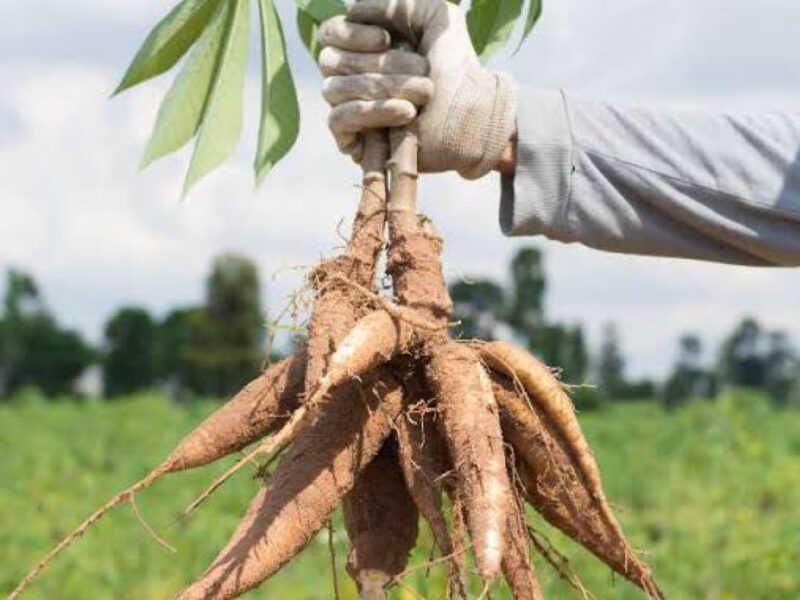Nigeria’s Cassava Conundrum: A Tale of Production and Imports
Despite being the world’s largest producer of cassava, Nigeria has continued to import the crop, with a whopping $54,200 worth of imports in 2022. This paradox was highlighted at the 1st National Conference of Industrial Cassava Stakeholders Association of Nigeria (ICSAN) in Lagos.
The conference, themed “The Golden Crop: Harnessing the Economic Potential of Cassava for National Development through Industrialization,” brought together experts to discuss the challenges and opportunities in the cassava industry. Keynote speaker, Prof. Lateef Oladimeji Sanni, President of the International Society for Tropical Root Crops and Executive Director of the Nigerian Stored Products Research Institute, revealed that Nigeria also exported $733,000 worth of cassava in 2022, making it the 61st largest exporter in the world.
However, the country’s importation of cassava raises questions about the efficiency of its domestic production. According to Prof. Sanni, Nigeria imports cassava primarily from the UK, Brazil, Cameroon, Niger, and Belgium. This suggests that there may be issues with local production and processing, which could be addressed through industrialization.
Industrialization, defined by Prof. Sanni as “the mass production of goods in a factory system,” involves mechanized production technology and enables businesses to thrive. He emphasized that industrialization can promote private sector leadership, facilitate renewal for sunset industries, and encourage innovators.
Cassava is a versatile crop with a wide range of value chain products, including garri, lafun, fufu, bread, cake, candies, ice cream, beverages, fuel ethanol, animal feeds, furniture, and paper. These products can lead to job creation, food security, and income generation for farmers.
Despite its potential, the cassava industry faces several challenges in Nigeria, including inconsistent government policies, foreign exchange fluctuations, destruction of farmland by cattle herdsmen and insecurity issues. Additionally, lack of infrastructure facilities, limited access to credit facilities, and insufficient partnerships are major hindrances.
To address these challenges, Prof. Sanni proposed several solutions, including packaging differentiation, product diversification, regional standards and quality control, appropriate processing equipment, viable regulatory systems, capacity building, and marketing channels.
The expert also emphasized the need for government to play a catalyst role in the cassava industry by providing public incentives and funding. He stressed that key players must ensure that private-led actions are initiated and advocated for sustained development of cassava-based industries.
The ICSAN conference highlighted the need for Nigeria to optimize its cassava production and processing capacity to reduce imports and increase exports. With the right policies and support systems in place, the country can unlock the full potential of its cassava industry and contribute to national development.










Join our Channel...